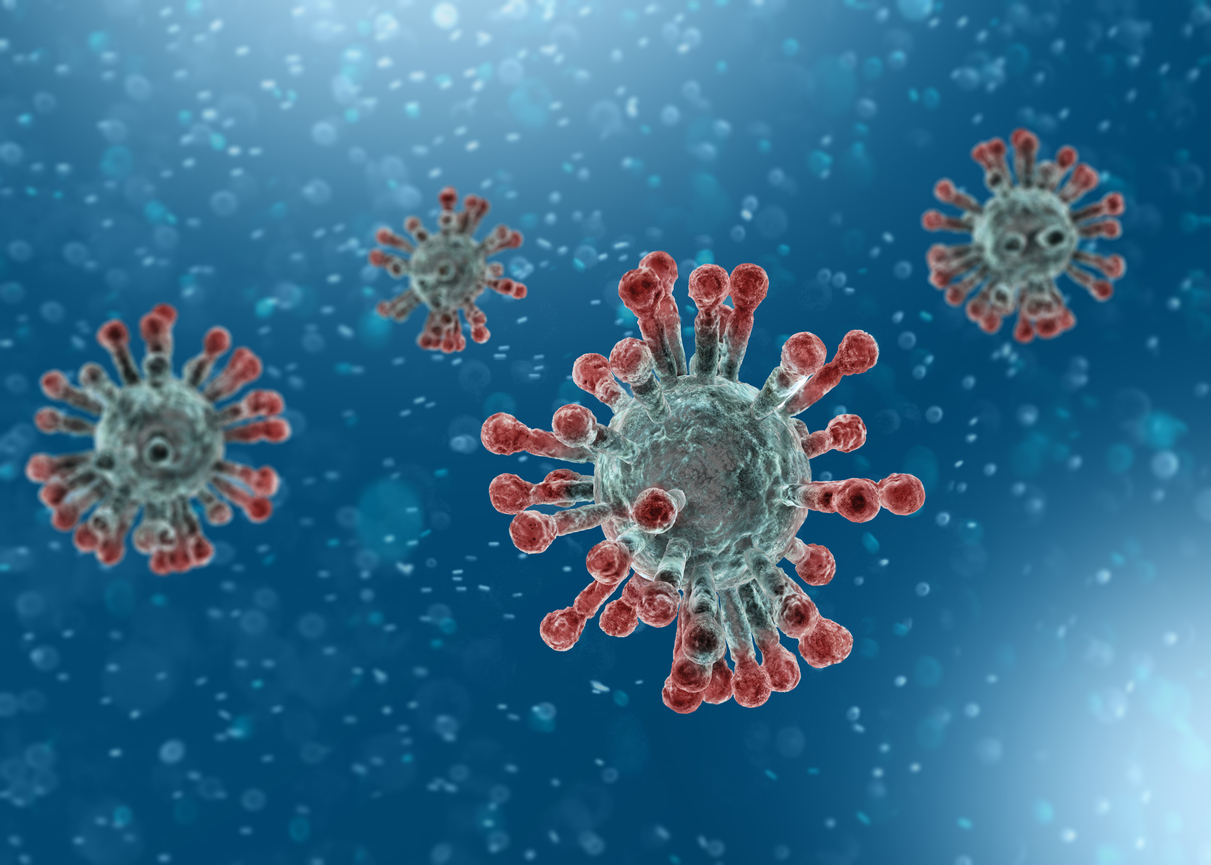GSK teams up with Clover on coronavirus vaccine

GlaxoSmithKline has agreed to supply its vaccine adjuvant technology to Clover Biopharma, to help the Chinese biotech in its efforts to develop a vaccine against new coronavirus COVID-19.
Chengdu-based Clover has come up with a subunit vaccine based on a viral ‘spike’ protein identified via analysis of the coronavirus genome from samples taken from people who recovered from the infection.
Spike proteins used by coronaviruses to fuse with cell membranes gain entry to host cells, and they formed the basis of previous vaccines against SARS and MERS.
Clover’s vaccine – dubbed COVID-19 S-Trimer – is produced using its mammalian cell expression platform and has been shown to be recognised by antibodies produced by multiple previously-infected coronavirus patients, according to Clover’s chief strategy officer Joshua Liang.
GSK is supplying adjuvant technology already deployed in pandemic flu vaccines and used to enhance the immune response to antigens for use in preclinical testing by Clover.
The Chinese company has the manufacturing capacity to scale up production of the S-Trimer vaccine quickly if needed, and use of adjuvants could extend the number of shots that can be produced as less vaccine protein will be needed per dose, according to GSK.
The UK drugmaker is a big producer of vaccines but isn’t developing its own candidate against COVID-19 at the moment. This is however the second deal covering the use of its adjuvant platform – earlier this month, the company donated its adjuvant technology to not-for-profit organisation Coalition for Epidemic Preparedness Innovations (CEPI), which has four work programmes related to COVID-19.
Moderna milestone
The news came as US biotech Moderna, another of the frontrunners in COVID-19 vaccine development, said it had shipped the first batch of its mRNA-1273 candidate to US National Institutes of Health (NIH) researchers for human testing just 42 days after the virus genome was sequenced.
A clinical trial of the messenger RNA-based vaccine – which was manufactured by CEPI – is due to start in April in healthy volunteers, with preliminary results due in July or August. The shot is also based on the COVID-19 spike protein.
Meanwhile, the number of cases of the new coronavirus rose above 80,000 worldwide, with South Korea, Italy and Iran all experiencing a spike in cases while China – the epicentre of the outbreak – says the rate of new infections is slowing down.
The World Health Organization isn’t ready to classify the outbreak as a pandemic just yet, but says countries should be in a “state of readiness” for that happening. That decision has resulted in some criticism however, as critics claim some emergency measures won’t come into effect until a pandemic is officially declared.
The WHO is often between a rock and hard place on these issues of course, and was slammed in some quarters after it declared the 2009 H1N1 swine flu outbreak a pandemic on the grounds that it caused panic about a virus that wasn’t as deadly as initially feared.
Zejula boost
Meanwhile, there was also good news for GSK after the FDA accepted its marketing application for PARP inhibitor Zejula (niraparib) as a single-agent maintenance therapy for women with advanced ovarian cancer who have responded to platinum-based chemotherapy.
If approved, the new indication would strengthen Zejula’s competitive position against AstraZeneca and Merck & Co’s Lynparza (olaparib), the market-leading PARP inhibitor, and help GSK recoup its $5.1 billion takeover of Zejula’s developer Tesaro last year.
The FDA is reviewing Zejula for first-line maintenance in ovarian cancer patients regardless of their tumour mutation status, while Lynparza is approved only for use in women with BRCA mutations.











